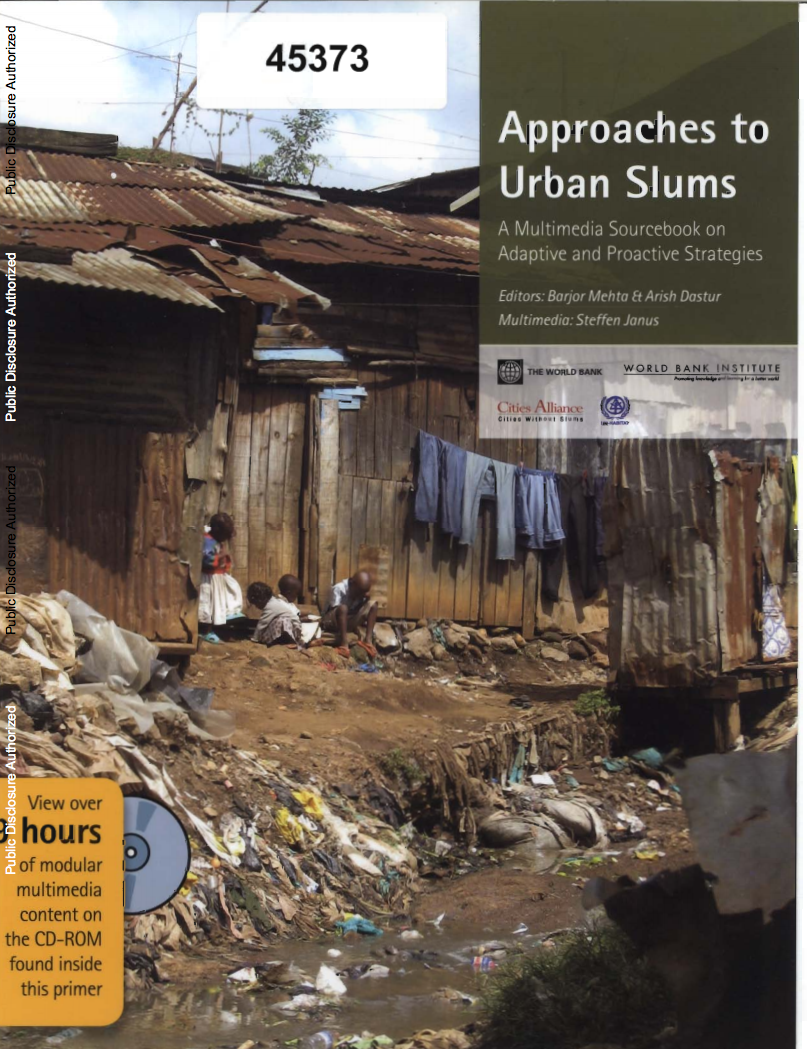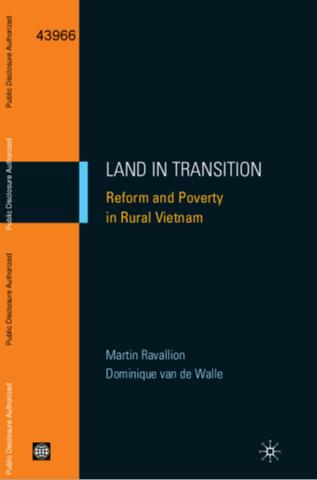Impacts of Land Certification on Tenure Security, Investment, and Land Markets : Evidence from Ethiopia
Although early attempts at land titling
in Africa were often unsuccessful, the need to secure rights
in view of increased demand for land, options for
registration of a continuum of individual or communal rights
under new laws, and the scope for reducing costs by
combining information technology with participatory methods
have led to renewed interest. This paper uses a
difference-in-difference approach to assess economic impacts



